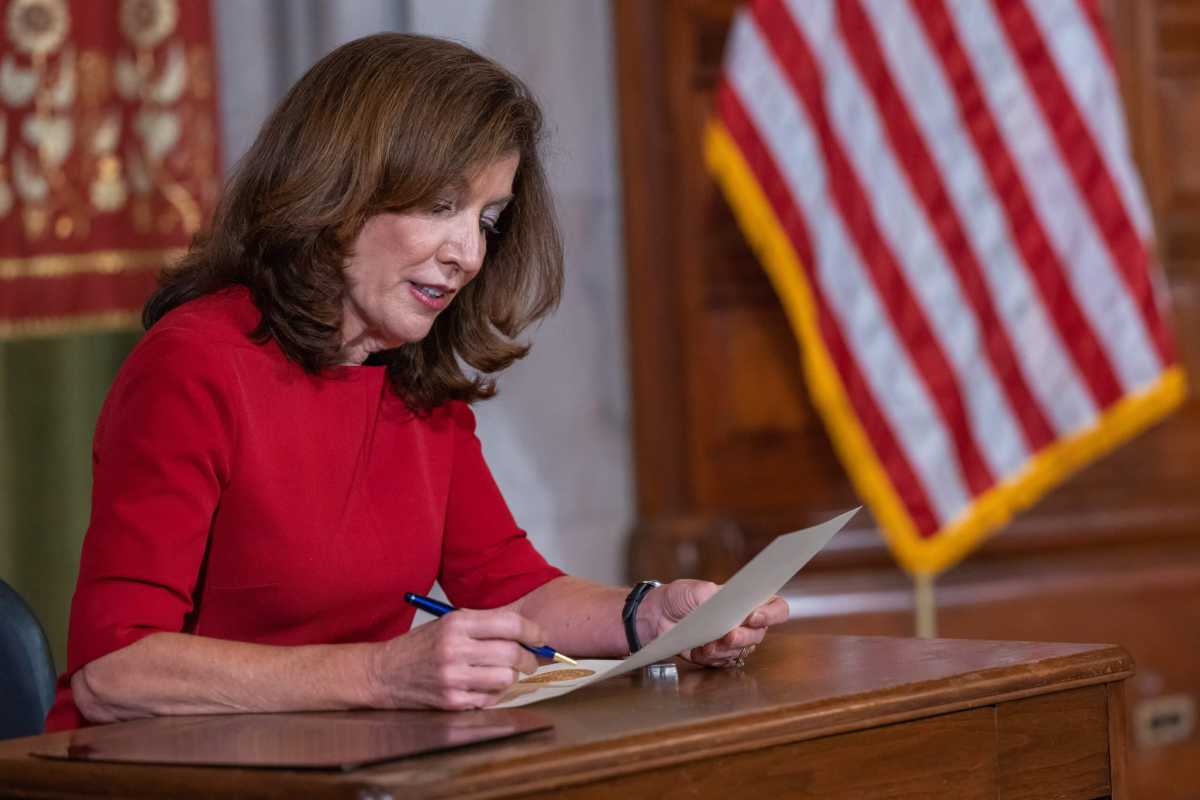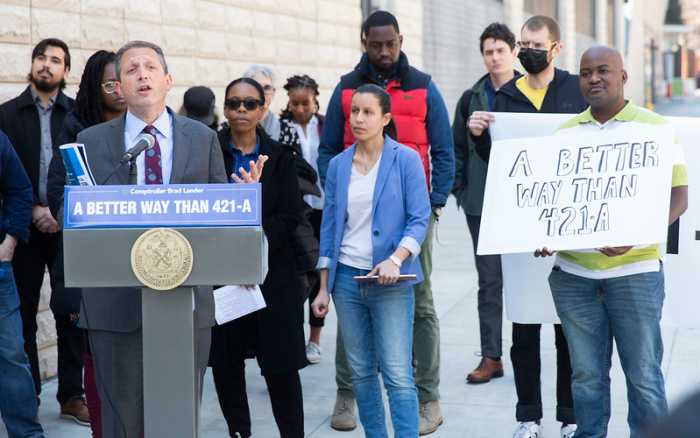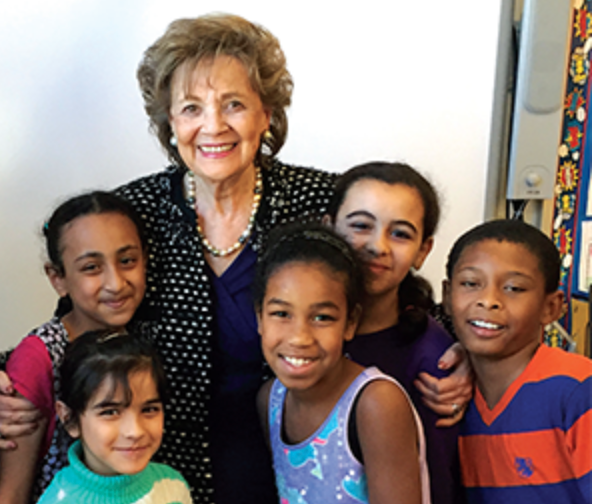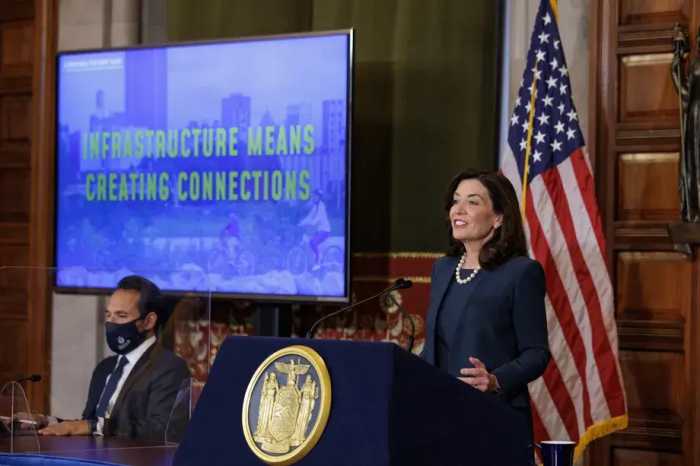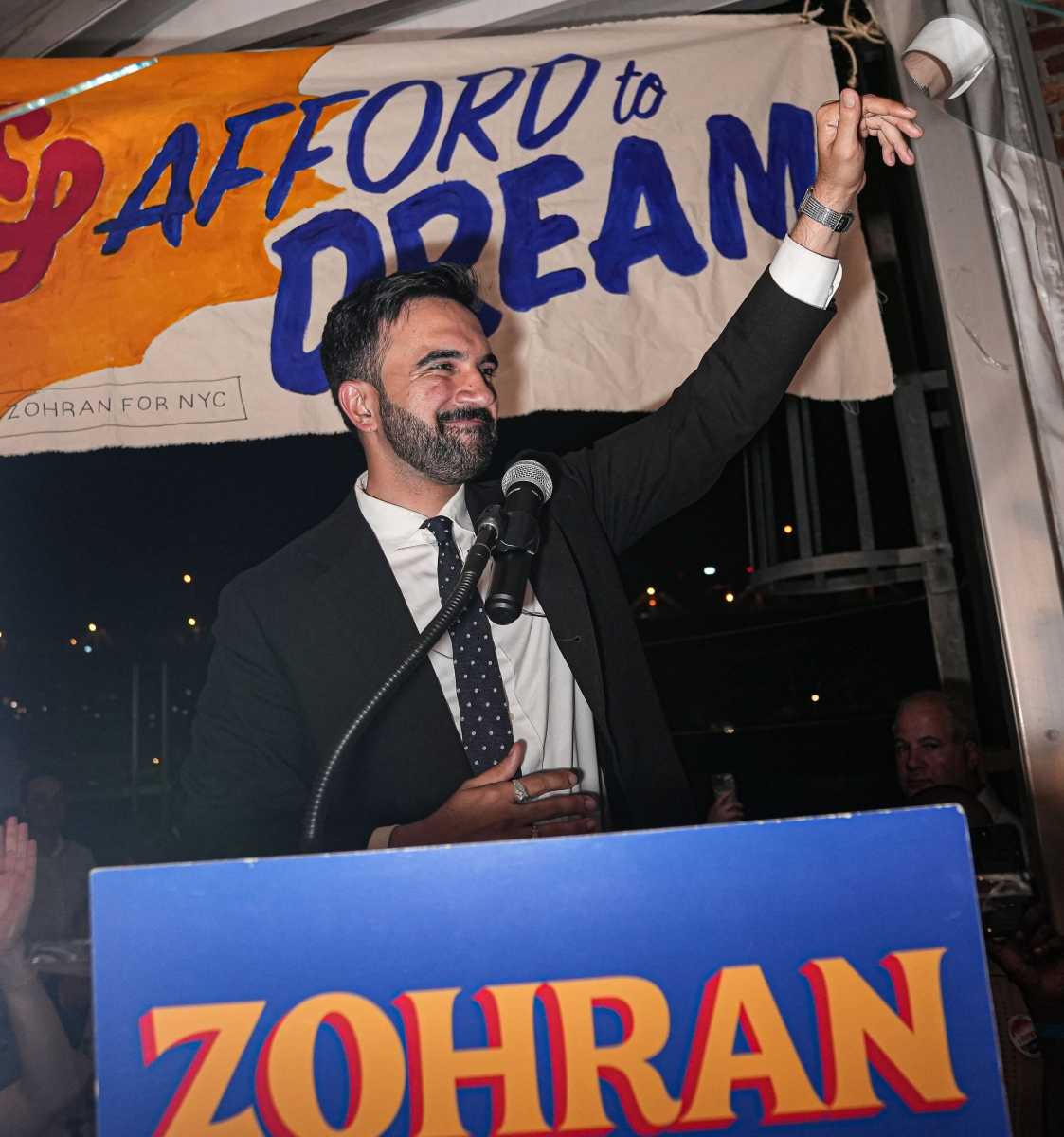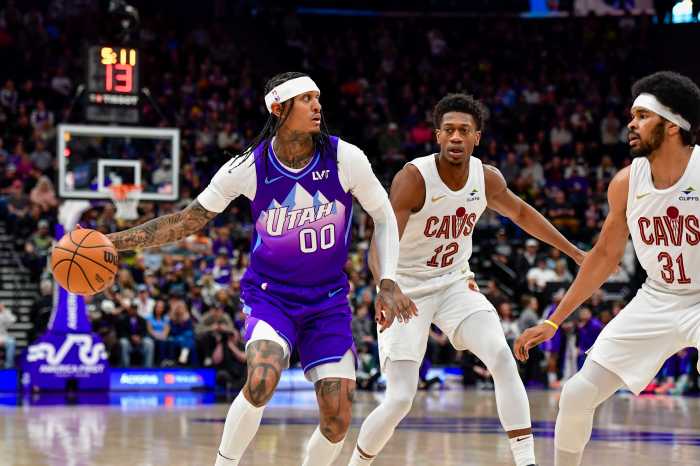The word incorrigible is defined by Merriam-Webster as ‘incapable of being corrected, not reformable.’ The word has been used, historically and some say discriminately, against girls of color who do not meet behavior that is not stereotypically feminine. On Wednesday, Gov. Kathy Hochul signed legislation to strike the term, which advocates cite as sexist and racist in its usage, from the state’s education law.
In 2018, Notre Dame Law Review cited the ironic use of the word incorrigible in court cases throughout the nation, stating that incorrigibility arguments had been used to attack the lawfulness of juvenile-life-without-parole sentences on unconstitutional grounds and that all youths within the scope of its compulsory education laws have some potential to develop. In many of those cases, incorrigibility had been used to describe juvenile defendants of color.
“It is essential that New York’s educational institutions are places where all students, no matter how they look or express themselves, can pursue their fullest potential free from bias and intimidation,” Hochul said. “In New York, our diversity is our strength, and this legislation will help ensure that young women, especially young women of color, are not stigmatized by this outdated term and are protected from abuses of power.”
Bushwick state Sen. Julia Salazar had been behind legislative action to get the term removed from the state’s legal indexes, and the term has a long and fraught history in New York law, particularly family law. Often used in Family Court proceedings where parents, police, and school employees recommend the state supervise a youth they feel is “beyond the lawful control of a parent or other person legally responsible for such child’s care.”
Nearly half of “persons in need of supervision” court petitions involved Latino or Black youth. Before the pandemic, in the 2018-19 school year, roughly 57% of all police interventions in New York City schools involved Black girls, according to the legal advocacy group Girls for Gender Equity.
Legendary American songbird Ella Fitzgerald had once fell victim to the term, as listed in the “General Record of Girls Committed,” a registry documenting arrival at the now-closed New York State Training School for Girls in Hudson, New York. Documents from the New York State Archives show a 15-year-old Fitzgerald as committed on April 10, 1933, and is described as “ungovernable and will not obey the just and lawful commands” under her offense sheet.
Other young teenage girls committed in 1933 had been labeled “incorrigible” and “habitually disobedient” in the logs.
The governor also signed legislation that will prohibit discrimination, intimidation and retaliation against proprietary school students who file a complaint or exercise their right of private action. There are about 450 licensed private “proprietary” schools — a private, for-profit school that provides education and training — in New York.
Under state law, students have a right to file a written complaint against proprietary school misconduct with the State Education Department, as well as a private right of action outside the Education Department’s complaint procedure.
But state law has not protected these students from retaliation from their schools. The governor’s legislative action places a blanket of protection on students who she says “will no longer have to be intimidated or threatened” by school administrators or leadership for exercising their legal rights.
Parkchester Assemblymember Karines Reyes supported the governor’s action, hoping that it makes a difference for the state’s students of color and LGBTQ+ youth.
“Unfortunately, many of our state’s laws are still riddled with implicit bias against the very people that we are trying to help or protect,” Reyes said. “In education law, the term incorrigible is used to incorrectly label individuals as incapable of being corrected. No person should be described that way, but especially not our young girls of color and LGBTQ youth who are frequently regarded as irredeemable.”
Reach Robbie Sequeira at rsequeira@schnepsmedia.com or (718) 260-4599. For more coverage, follow us on Twitter, Facebook and Instagram @bronxtimes.

